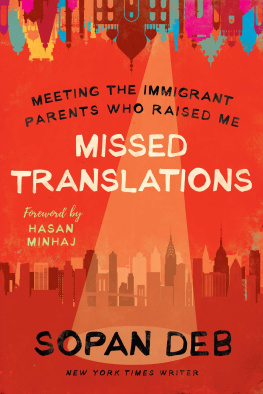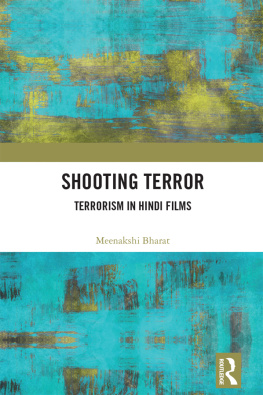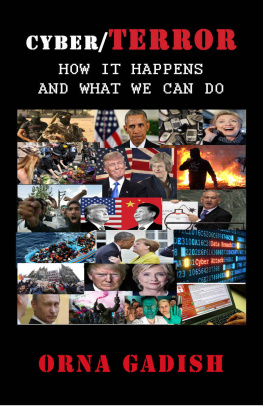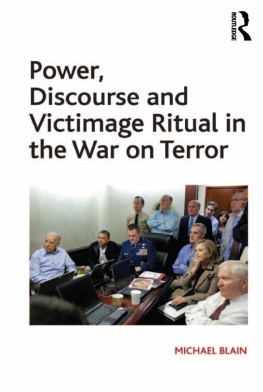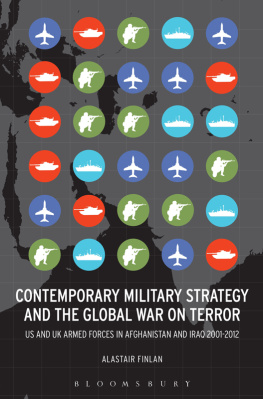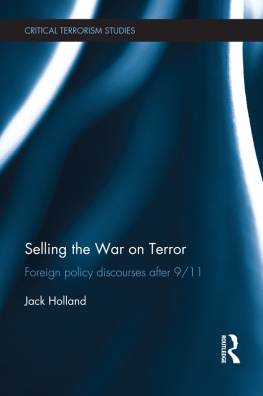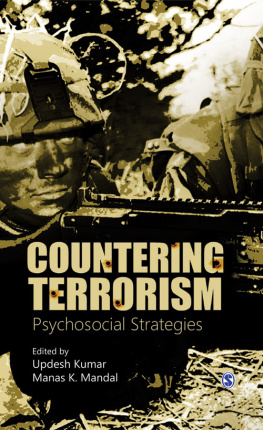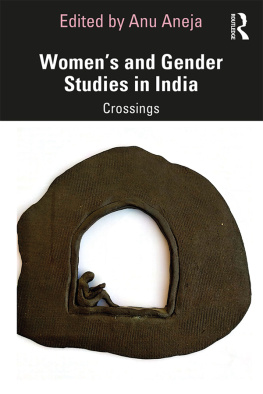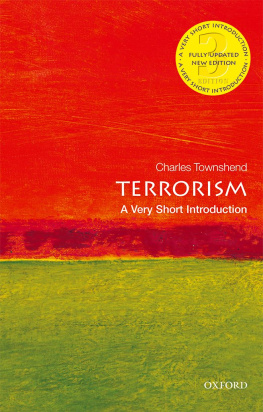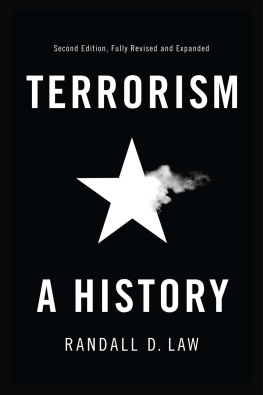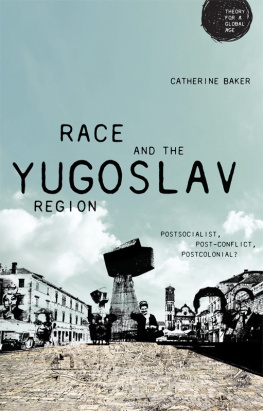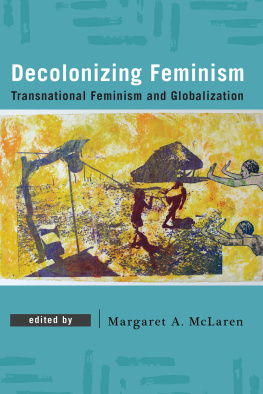First published 2015
by Routledge
711 Third Avenue, New York, NY 10017
and by Routledge
2 Park Square, Milton Park, Abingdon, Oxon OX14 4RN
Routledge is an imprint of the Taylor & Francis Group, an informa business
2015 Taylor & Francis
The right of Basuli Deb to be identified as author of this work has been asserted by her in accordance with sections 77 and 78 of the Copyright, Designs and Patents Act 1988.
All rights reserved. No part of this book may be reprinted or reproduced or utilised in any form or by any electronic, mechanical, or other means, now known or hereafter invented, including photocopying and recording, or in any information storage or retrieval system, without permission in writing from the publishers.
Trademark notice: Product or corporate names may be trademarks or registered trademarks, and are used only for identification and explanation without intent to infringe.
Library of Congress Cataloging in Publication Data
Deb, Basuli, 1970
Transnational feminist perspectives on terror in literature and culture / Basuli Deb.
pages cm(Routledge interdisciplinary perspectives on literature ; 36)
Includes bibliographical references and index.
ISBN 978-1-138-79751-2 (hardback) ISBN 978-1-315-75708-7 (ebook)
1. Terrorism in literature. 2. Terrorism in mass media. 3. WomenViolence against.
4. Women and war. 5. MinoritiesViolence against. 6. Terrorism. 7. Political violence.
8. International relations and terrorism. 9. Feminist theory. I. Title.
PN56.T45D43 2014
809.933552dc23 2014023918
ISBN: 978-1-138-79751-2 (hbk)
ISBN: 978-1-315-75708-7 (ebk)
Typeset in Sabon
by codeMantra
Contents
To all those who could not but speak truth to power, who could not but fight impunity
Writing this book on terror and torture would have been unsustainable without human connections. Though the visceral effect of researching and writing on such a topic created an intensity of intellectual focus, by virtue of that very intensity an overwhelming isolation and alienation from reality would have been easy to come by. At the end of writing a book that tests human endurance on many different levels, I write this acknowledgement to celebrate all the people who, with their love, friendship, and support, gave me a staying power and an ability to move through painful endurance to a space of meditative calm and clarity of thinking in the face of difficult research and writing.
My 2004 research trip to Guatemala laid the cornerstone for this project as I learned to negotiate the arduous terrain of genocide research. The personal courage and the ability of Guatemalan activists, journalists, and educators to live the power of truth by example has shaped my commitment to this entire project. My debt to Carmen Camey, who co-founded the Guatemalan Human Rights Commission at the peak of the genocide in 1982, is immense. Her generous gesture to serve as my reference, guide, and interpreter to help me gain access to various government and non-government organizations paved the way for a highly successful research trip. Paul Menchu, the Director of the Rigoberta Mench Foundation, threw open the organizations archive to me as Marvyn Perez patiently, hour after hour, translated documents for me. Ileana Alamilla, the head of the alternative news agency CERIGUA, whose journalists defied torture and death to resist state repression, even at the peak of the genocide, offered me perspectives on the revolution that no text or research material that I came across recorded. The hospitality and help that Miguel ngel Albizures and Ruth de Valle of Alianza Contra la Impunidad extended to me for facilitating my research at their organization is a testimony to the unconditional commitment of Guatemalan human rights workers. Besides, Anabella Noreija and Gabriella Ostrich of Defensoria de la Mujer; Engma Azuzena Socoy of Defensoria de la Mujer Indigena; Christina Laur of CALDH, the legal action cell for human rights; Jorge Arriaga of SEDEM; Sandra Moran of Sector de Mujeres; and Jose Alberto of the Guatemalan Human Rights Commission accommodated me in their extremely demanding schedules. The warmth and friendship with which I was received in Guatemala by people of such towering integrity has time and again served as a reminder about the integrity of intellectual and activist work.
For my research on the ground in India in 2005, I extend my deepest appreciation in memory of the late Gurushenthappa Kumarappa, who was then the Assistant Librarian and Information Officer of the National Library in India. As was characteristic of him, he went out of his way to extend personal help in facilitating my material collection. The welcoming environment of the Center for Studies in Social Sciences under the leadership of Dr. Partha Chatterjee and the scholar-friendly attitude of its library staff were key factors in my very positive research experience in Kolkata. Raghu Chakraborty of APDRAssociation for Protection of Democratic Rightswas dedicated in extending any help for research on human rights abuse in India. Mahasweta Devis flexibility in accommodating me during my tight schedule in India speaks of her grace and once again attests to her intense commitment to the cause of the indigenous groups in India. In Delhi the Indian Law Institute Library proved a goldmine for my research. The Jawaharlal Nehru University library, the Nehru Memorial Museum archive, and the National Human Rights Commission also extended their services to facilitate my work. My research in Delhi would not have been so smooth without the help that Pritwish Dutta extended in acting as my guide.
For my research on South Africa, Peter Limb, the bibliographer of African Studies at Michigan State University, proved an invaluable force and resource. Without his guidance, my work on South Africa would have taken much longer to complete.
The UNL Arts and Humanities Research Enhancement Award made it possible for me to travel to various sites of research across the US. During the summer of 2010 I spent eight weeks at the archives and special collections of Columbia, Princeton, and NYU. With deep gratitude I acknowledge the inclusive environment of research at Columbias Butler Library and the Rare Book Manuscript Library where the staff made every effort to facilitate the best use of my time as a visitor. For insightful and expert guidance with my research on Palestine and Algeria I am deeply indebted to the then Middle East and Islamic Studies librarian at Columbia University, Kaoukab Chebaro. Her advanced preparation before our meetings went a long way in generating a bibliography that would sustain much of my research and writing in these areas. The Seeley G. Mudd Manuscript Library, the Firestone Library at Princeton University, and United Nations and International Documents Collection at the Bobst Library at New York University were also rich resources for my research. The Middle East Collections librarian Shayee Khanaka at UC, Berkeleys Doe Library was a great resource. I spent four weeks at Berkeley in Spring 2011 to research the Middle East and North Africa special collections. It is for Shayee that the Kurdish question is an integral part of my discussion on the War on Terror. I am also deeply appreciative of the assistance that the staff at the National Archives in DC and Maryland, the National Security Archive at George Washington University, and the Library of Congress provided me in Summer 2011 as I gathered material on the US War on Terror. A note of special thanks goes out to the South Asian Womens Caucus at the National Womens Studies Association for their support of critical thinking in a post 9/11 world.
At the University of Nebraska-Lincoln I would like to thank my Chair, Susan Belasco, for helping me write successful grant applications and for her support of my research and writing, and Stephen Behrendt for his comments on successful grant applications and my responses to potential publishers. The semester of research leave from UNL and the Research Enhancement Award provided me with time for writing. I am also indebted to Margaret Jacobs and Ronald Vegso for their helpful feedback on my book proposal, and to Marco Abel for his insightful, timely, and assertive advice about the publication process. Kwame Dawes also generously gave me his time to advise me about how to move the project forward, and Jeannette Jones created a supportive space with her deep understanding of my work. I am also deeply indebted to the Graduate Office of the English department under the leadership of Susan Belasco, Guy Reynolds, and Marco Abel for supporting my research and writing of this book with research assistants like Tracy Tucker, Jennifer Dean, Annie Bierman, Martin Chaffe, Oumar Diouf, and Mitchell Hobza. A special note of thanks to Tracy for organizing my highly complicated research trip to NYC, finding me a place like the International Center, and for the numerous phone calls she made to university libraries on the east coast to make sure that there would be no glitches during my two months stay at NYC. I also owe Jennifer a special mention for organizing my trip to Berkeley, for the faithful stock-taking phone calls every Monday evening to keep her end of the project going from Lincoln, and for making sure that all the research material was properly uploaded so that I could write while outside the US in Summer 2011.
Next page

